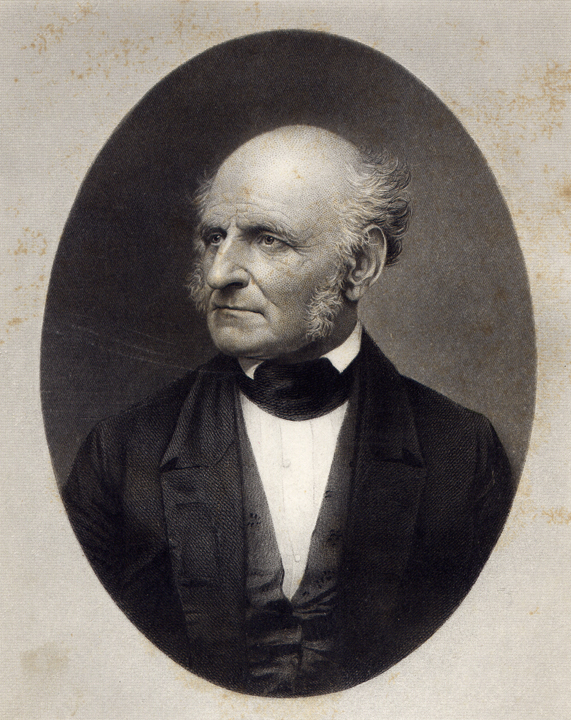
Dorchester Illustration 2582 Marshall Pinckney Wilder
From Biographical Sketches of Representative Citizens of the Commonwealth of Massachusetts. (Boston: Graves & Steinbarger, 1891)
Marshall Pinckney Wilder was born On September 22, 1798, in Rindge, New Hampshire. His father was a merchant, and when Marshall was sixteen, his father put him to work in the store. At twenty-one, he was a partner in the business, and in 1825, at the age of twenty-seven, Marshall co-established a business in Boston as a wholesale dealer in West India goods.
He was Representative from Dorchester in the State Legislature in 1839, a member of the Governor’s Council in 1849, and president of the State Senate, 1850. A warm admirer of Daniel Webster whom he styled “New England’s greatest son,” he voted the Bell and Everett ticket in 1860, and firmly supported the Union during the Civil War. He attended the Second Congregational Church in Dorchester, where he bought a country-seat and took up his residence in 1832. Dartmouth College conferred on him the degree of Doctor of Philosophy in 1877, and Roanoke that of Doctor of Laws in 1884.
For eight years (1840-47) he was president of the Massachusetts Horticultural Society, for twenty years president of the Norfolk Agricultural Society, six years president of the United States Agricultural Society, and, from its organization in 1848, president of the American Pomological Society. He was largely influential in the embellishment of Mount Auburn, also in the founding of the Institute of Technology and the Natural History Rooms in Boston. Of the New England Historic Genealogical Society he was president from the date of his first election in 1868 to the close of his earthly life in 1887. He was the senior member of the Massachusetts State Board of Agriculture.
Wilder’s estate was located on the north side of Columbia Road reaching from Washington Street westward almost to Columbia Road. His greenhouses and the plantings on the grounds of his estate were legendary, and he is said to have furnished the plants for the Boston Public Garden. The following description is from Good Old Dorchester. “On these experimental grounds there were produced, during the last fifty years of Mr. Wilder’s Life, under his personal supervision, more than twelve hundred varieties of fruits; and from thence there were exhibited, on one occasion, four hundred and four distinct varieties of the pear. Here the Camellias Wilderi, and the Mrs. Abby Wilder were originated by the art of hybridization, the latter of which received a special prize of fifty dollars. The Mrs. Julia Wilder, the Jennie Wilder, and other camellias were also raised in great perfection; while from Mr. Wilder’s estate went to the Boston Public Garden, on its foundation in 1839, the entire collection of green-house and garden plants.”
